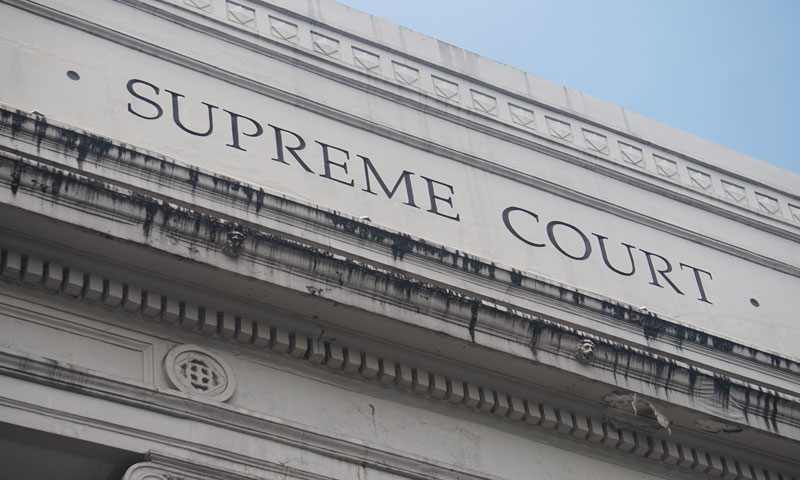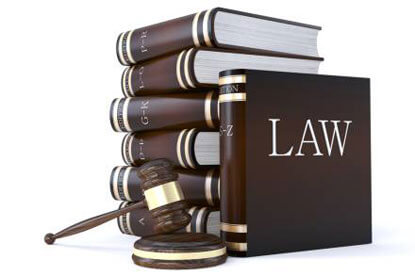
According to the unsecured creditors’ committee of Dewey, the demands to raise collaterals just before bankruptcy proceedings have the possibility of violating bankruptcy laws. The added collaterals may be voidable barring secured creditors from receiving payment without giving something of equal value in return. The position of the unsecured creditors was stated in a court hearing last week.
Though it is possible that the loan extensions may be considered as of equal value satisfying the requirements of bankruptcy laws, the proposed argument of unsecured creditors is that the loan extensions did not benefit either the firm or its other creditors, and therefore do not justify the added collateral. The claim is supposed to have merits and close to $100,000 of Dewey’s bankruptcy budget has been set aside for investigation into the matter.
No one on part of secured lenders, including their lawyers or the banks, agreed to comment on the issue.
The incentive for unsecured creditors in reducing the share of the secured creditors lies in that their turn for receiving payments comes only after secured creditors have been paid off from proceeds of the firm. If there is nothing left of the assets or recovered proceeds of the firm after paying secured creditors, then unsecured creditors receive nothing. So, unsecured creditors of Dewey are probing every angle possible to reduce the claims of secured creditors.
The disputes between the groups are out before the court. Earlier this month, the secured creditors of Dewey tried to obtain a broad lien on all litigation proceeds of Dewey in exchange for allowing Dewey to use some of its collateral for funding the bankruptcy proceedings. However, bitter opposition from the unsecured creditors’ committee forced the banks to step back, and instead settle for a limited version of the lien.
The next scheduled hearing in Dewey’s proceedings is on July 9.
The bankruptcy is In re Dewey & LeBoeuf, U.S. Bankruptcy Court, Southern District of New York, No. 12-12321.






































